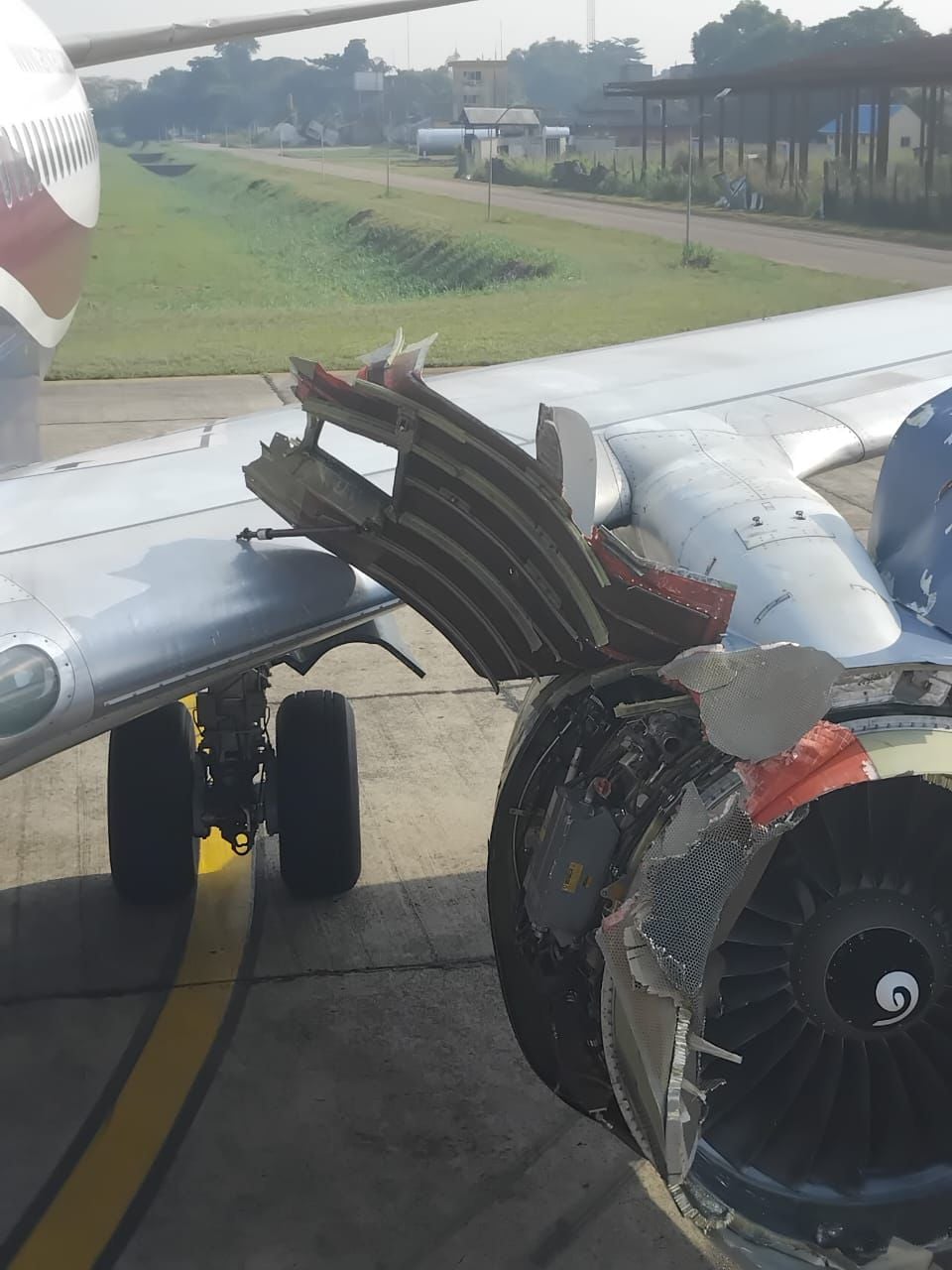The communities located along the right of way of the ongoing Lagos-Calabar Coastal Highway have lampooned the minister for works, David Umahi for referring to their ancestral God-given villages as shanties.
This disclosure was made by a lawyer, Oladotun Kazeem on behalf of the communities during an interview on Arise News on Tuesday.
Kazeem emphasised that the villages the minister called shanties are graveyards of some of our ancestors.
According to him, a minister calling some people’s ancestral homes shanties while he was seeing them from a helicopter is an insult.
“Where the minister is calling shanties are graveyards of ancestors of some people. I believe that the minister is also from a village in Ebonyi State; he cannot allow his ancestral village to be wiped out as a result of a statement calling them shanties.
The lawyer said, “That’s even an insult, in Yorubaland, you cannot call a community shanty just because you are watching from the helicopter and you believe those buildings so far are not skyscrapers; they also have the same rights as those that built skyscrapers.”
Kazeem noted that the government had established a reconciliation committee to deal with this issue but there was no participation of key stakeholders, such as the traditional rulers of the affected communities.
He said there is a need for the government to have communal discussion with the affected communities to achieve a win-win solution as most of the
Kazeem said the government must have a communal discussion with the affected communities to have a win-win solution as previous communication with the communities has been one-sided.
The lawyer argued that the government the government can reclaim the ocean surge to make way for this project instead of pulling down communities.
The ongoing Lagos-Calabar Coastal Highway project has generated a lot of controversy in the public space, particularly the demolition of the landmark beach resort and other businesses along the shoreline.
Recall that Umahi had said in a recent press briefing that 2.1 billion would be paid in compensation to affected buildings with proper documentation, adding that there would be no compensation to shanties on the coastline.










